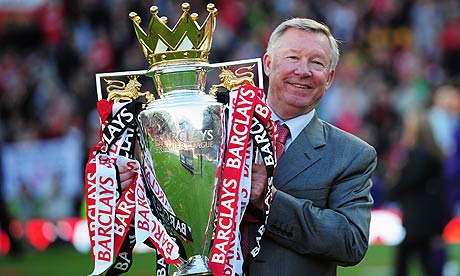
“Archie, you colossal shit! You’ve drunk all the Blue Label.”
Martin was not happy. This was his general state. He did
once crack a genuine smile of contentment, but that was in Amsterdam and he
soon forgot why he had done so. It was his considered opinion that, as
mistresses go, happiness was the most fickle and that he would be better off
letting it go on its merry way, rather than wasting his time constantly chasing
it. On this particular occasion though, Martin was actively unhappy.
His brother, the aforementioned Archie – a man as affably
diminutive as that name might imply – had consumed (through blissful ignorance)
his sibling’s most treasured scotch. He had only had one glass (though it
should be noted that it was a large one), and, in the process, had finished off
the bottle of Johnnie Walker Blue. The mitigating fact that there had only been
a glass (and a dribble) left was totally negated for Martin by the undeniable
truth that Archie was not even a scotch drinker, as was made evident by his
decision to put water in with the whisky. It was, from Martin’s perspective, a
tale of several solecisms, and his raging sense of injustice was made all the
worse, because, as is so often the way in these incidents, the object of his
anger was beyond the reach of his wrath, Archie having left the night before
for Swansea.
Martin poured himself a double Famous Grouse, a blend which
he only kept strictly for use in hot toddies, but in this case he was willing
to make an exception, so much so that, having stared mournfully into the glass,
he made it a triple.
He sat, ponderously. Martin did ponderously very well. It
was how he maintained his air of detached intelligence, which filled him with a
melancholy which he hoped might make him mysteriously attractive, but actually
made him look like a slapped St. Bernard. He continued to sip, quickly
realising that, as he was loathed to let a single drop go to waste, the
decision to make it a triple merely meant that he was a glutton for punishment.
Suddenly the thought occurred to him that he really should not get so upset. He
was young. He was affluent. There would be other bottles of Blue Label.
Surely, he should brighten up a little. It would help him,
make him more approachable. People might actually listen to his jokes. If he
was having a very good night, they might even laugh. Perhaps by pretending to
be cheerful, he might actually happen to really become cheerful, much as in a
story he had once heard about a young man who had pretended to be an airline
pilot so successfully that he was accepted as such by airline workers (he did
not recall how the story ended, but he could only assume that the consequences
were amusing at first, but ultimately disastrous).
This was an intriguing idea. If he just put on the same sort
of fake smile that he saw countless others do on an hourly basis, it was
perfectly possible that he might become more likeable.
And at the thought of the word “likeable”, he instantaneously
lost all interest in the idea. He had never cared for the word “likeable”. It
seemed so tinny and inconsequential. Think of it when it’s used: “Oh, Jeremy’s
so likeable.” Certainly, Jeremy sounds borderline bearable, but he also sounds
like the sort of person who consistently loses drinking games and humiliates
himself afterwards, gets overwhelmed in group conversations, and is so utterly inconsequential
that his acquanitances, not wishing to offend anyone, simply call him “likeable”
in order to safely indicate that they did not have any dislike toward Jeremy, and to successfully hide the fact that they might struggle to pick the wretch out
from an identity parade.
“Best drop the whole idea,” muttered Jeremy, after another
regrettable intake of Grouse. “If I continue to be an inexpungible spot of
grey, at least people will be glad to see the back of me.” With that he downed
the rest of the tumbler, winced a little, and returned to bed.
It was 4 am, and the June light was all but dawned. This
made it hard to regain unconsciousness, and when Martin got to work later in
the morning he was, if anything, worse than usual.
